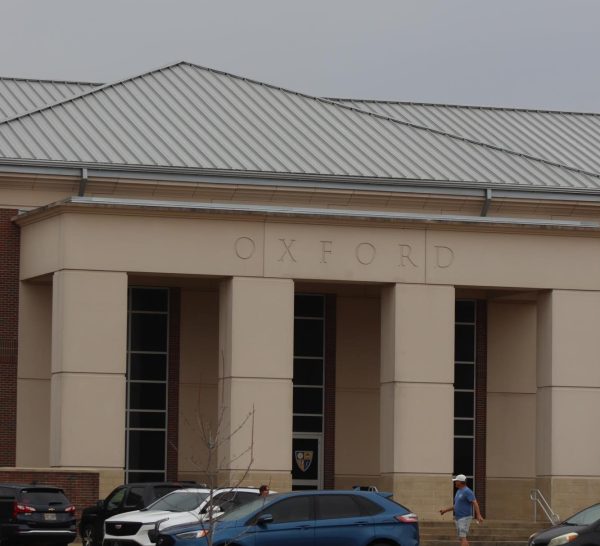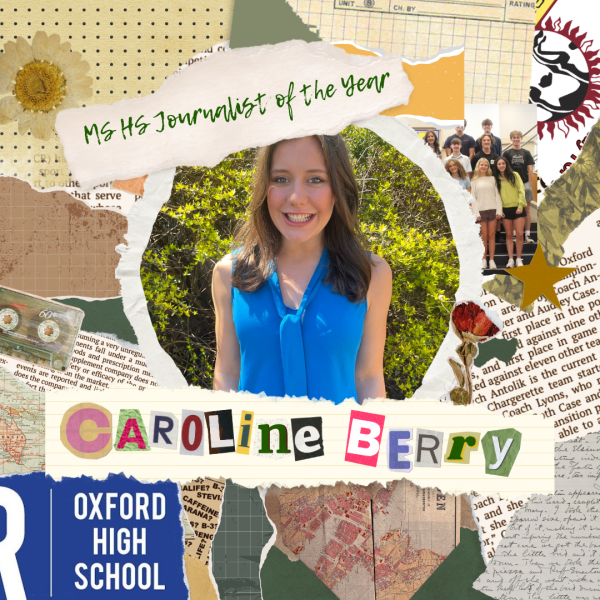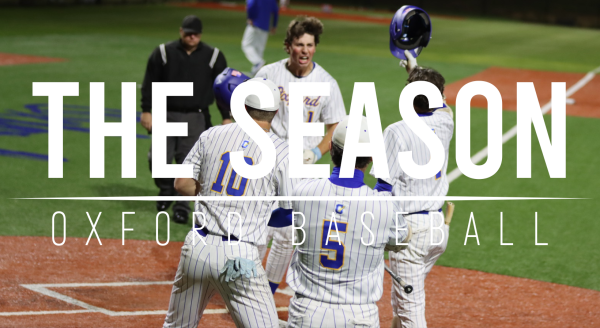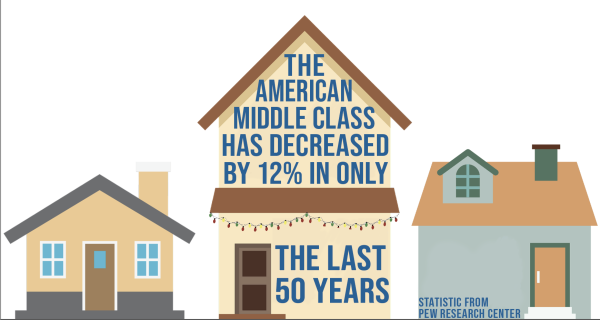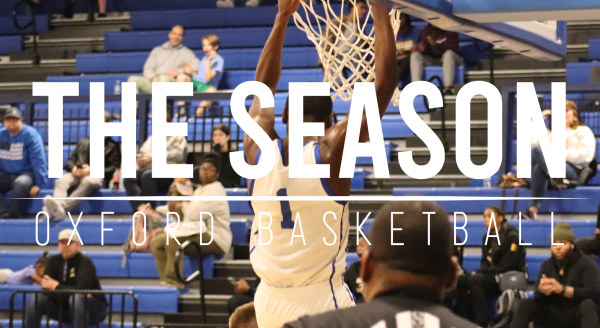College applications, nothing to fear
February 7, 2023
In April of 2022, Charger editor-in-chief Hayden Walker released an opinions article detailing exactly why he believed the college admissions system was flawed which made many prospective seniors (like myself) nervous about what was to come in the fall application season. However, many of the “flaws” Walker pointed out in his article are actually great benefits to the system and reasons that it still has merit in today’s society.
First, what’s most important to consider when looking at the college application process as a whole is to examine what college’s goals are when deciding to admit, defer, waitlist, or reject. For example, Princeton states that they “look for students with intellectual curiosity;” UChicago “is looking for an academically well-rounded student with an interesting perspective and extracurricular experience to view the world;” and Dartmouth states, “every student we admit brings something unique to the community: a combination of qualities, experiences, and point-of-view that isn’t duplicated by any other student.”
Each of these colleges is looking for a very specific type of student and that provides a method behind the seeming madness that is some of these supplemental essays.
Walker argues in his piece that there is an unsettling feeling about adult admissions counselors asking students intimate questions about their lives, however they must. If any of these colleges want to truly design a class that fits the mold they seek then it is imperative they ask questions to exemplify student’sunique perspectives about the world. Otherwise there is no way for these colleges to differentiate students without using bias.
Walker writes, “The prompts are often frivolous and do not offer insight into who the applicant is as a person.” This is truly not so.
Let’s examine an essay prompt known as the “uncommon essay” by UChicago: “You are on an expedition to found a colony on Mars, when from a nearby crater, a group of Martians suddenly emerges. They seem eager to communicate, but they’re the impatient kind and demand you represent the human race in one song, image, memory, proof, or other idea. What do you share with them to show that humanity is worth their time?” Now at first glance one might think “what in the world is going on here,” however when diving in a little deeper it can become simple to understand that by asking questions like these, UChicago is trying to see how applicant’s minds work. If their goal is to find the student with the unique outlook on the world then by this essay they are able to figure out just that.
It is also important to take a step back and realize that if you don’t like the essay or don’t think that it’s a proper reflection on the student you are, then you probably shouldn’t be applying to that school. The goal of these prompts is to find the students who will take them and run with them, and thus the students who shy away don’t belong at that school as they are not wanting to take part in the mindset that is that university.
Another problem Walker raises in his article is colleges and universities require certain elements to an application that cost money and thus create a systemic problem of wealth inequity in the process. While this may on the surface seem true, one must dig deeper. The FAFSA and the CSS profile are two documents one must submit to most prestigious universities when you apply, and yes the CSS profile does come with a filing cost. However, that cost is immediately waived if one’s household income is below a certain threshold. Also, one must examine the reason colleges want to you to file these, so you can receive a comprehensive financial aid package. Many of these prestigious universities work as hard as they can to meet 100% of need, but the only way for them to do it is for them to have a complete understanding of one’s finances. These colleges are actively trying to make themselves as inclusive and approachable as possible and thus these issues brought up are entirely not true.
What’s most important to consider when looking at colleges for high schoolers now is to ask themselves the question, “am I a good fit?” By asking yourself that you can truly reflect on what this college is looking for in its students and then on the reciprocal, does one truly align with what this college wants in its students? If the answer to that question is ‘no’ then this probably isn’t the university one should spend their time applying to. The college admissions process is not a sham, all they want is to find the students that most align with their values, and for that to occur they must learn about the entirety of a student.
For those approaching the process my advice is to learn as much as possible about the colleges you would like to attend and to use that in your application, to truly demonstrate to them how good of a fit you are amongst their classes, professors, and student body.
These prestigious universities can’t admit everyone, but they will admit those that they believe belong amongst their class.





